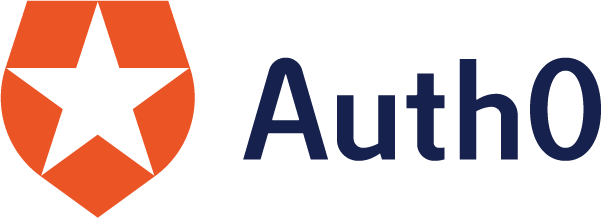The appbuilder-portal is the portal frontend/backend for the Scriptoria project. This project provides software to automate the building and publishing of apps (and other related content) to App Stores and websites. It runs as a pair of docker containers.
This process requires the coordination of user activites, project data, automated services, and administrative activities (e.g. managing App Store listings). The process is defined and managed by a DW KIT Workflow instance. The portal provides organization, group, user, project, and product management and provides access to users and organizational admins to interact with the workflow activities.
This process also requires management of resources to store project data (AWS CodeCommit), generate product files from project data (AWS CodeBuild), and store product files for distribution (AWS S3). These resources are managed by an instance of AppBuilder BuildEngine.
- Docker CE and Docker Compose (Docker Desktop on Mac)
- Bash (Note: On macOS, for
run clean:frontendto work correctly, install bash from homebrew). - Volta - controls which version of node/yarn is used per directory
Common scripts are in the run file, so be sure to check that for reference.
./run up:build
# first time only, after up:build, separate terminal
./run bootstrapVisit http://localhost:9091/tasks to access the web application frontend. [Note: You will need to modify the default user database. Contact @sillsdev/scriptoria-developers after your first login attempt to get your auth0Id to use in the database.]
Visit http://locahost:7081/Account/Login to access the backend DWKit admin panel (contact @sillsdev/scriptoria-developers for the default username/password).
Visit http://localhost:18080 to access the development database using Adminer.
- System: PostgreSQL, Server: db, Username: db-user, Password: 1234, Database: development
Visit http://locahost:7081/hangfire to access the hangfire background processing dashboard.
This is useful if you want to debug C# backend in Visual Studio. You will still run the database in Docker. You will need to run the full setup once in Docker to do the bootstrap process.
Update /etc/hosts
127.0.0.1 db.docker
127.0.0.1 api
127.0.0.1 adminer
Start database and adminer
./run up:local:startStart backend in Visual Studio or terminal
cd source/OptimaJet.DWKit.StarterApplication
dotnet watch runStart frontend
# If you have switched branches, it is good to clean the cache first
./run yarn cache clean
./run yarn && ./run yarn start:devVisit urls listed above.
./run yarn cache clean && ./run yarn && ./run yarn test
./run dotnet testTest Debugging:
./run yarn test:watch:detachedNow Visit http://localhost:9876/debug.html to debug the tests, and run them individually.
CURRENT_VERSION=$(git rev-parse HEAD)
# nginx
docker build . -f Dockerfile.nginx \
--tag "nginx-$CURRENT_VERSION" --target release
# api
docker build . -f Dockerfile.backend \
--tag "api-$CURRENT_VERSION" --target runtime-release
Running Locally:
docker run -p 8080:80 nginx-$CURRENT_VERSION
docker run -p 3000:7081 api-$CURRENT_VERSION
# to connect to an api container running from docker-compose
# get the container id from
docker ls
docker run -it \
-p 9091:80 \
-e "API_URL=http://api.docker:7081" \
-e "AUTH0_DOMAIN=sil-appbuilder.auth0.com" \
-e "AUTH0_CLIENT_ID=n8IAE2O17FBrlQ667x5mydhpqelCBUWG" \
-e "DWKIT_UI_HOST=172.18.0.1" \
--network appbuilder-portal_default \
--link appbuilder-portal_api_1:api.docker nginx-$CURRENT_VERSION
DWKit requires database scripts to be executed before running the backend
scripts/DB/PostgreSQL/DWKitScript.sqlscripts/DB/PostgreSQL/Workflow_CreatePersistenceObjects.sql
These seem to be idempotent, but we do not have a guarantee that they will remain that way.
The backend has a Entity Framework Core migrations script generated into the production docker image (created by source/Dockerfile.backend) and is run at startup (by source/run-api.sh).
If you need to rollback a production release that contains a new migration change, you can generate a rollback sql script by running the following command in the source/OptimaJet.DWKit.StarterApplication directory of the code current at production (that you wish to rollback):
dotnet ef migrations script --idempotent --output rollback.sql <FROM> <TO>To get the <FROM> and <TO> values, run the following command in the same directory:
dotnet ef migrations listFor the <FROM> value, use the last migration. For the <TO> value, use the last migration in the point in the history of migrations that you would like to rollback to.
- All endpoints should be behind an
api/path - Bugsnag is used to log exceptions
- Add BUGSNAG_API_KEY to
.env
- Add BUGSNAG_API_KEY to
DWKitForm requires
- react-data-grid-addons
- semantic-ui-react
- jquery
TODO:
- see if jQuery can be removed (~85KB)
- see if optimajet-form can be smaller (~569KB)
For authentication and authorization services:
For error reporting:
For localization management:



